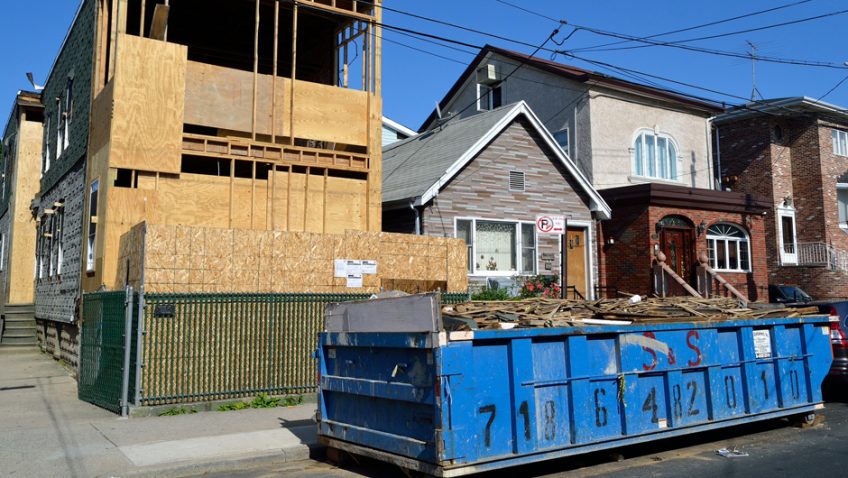Much is talked about the housing crisis, which primarily affects young people but indirectly older people. Much is aired on the subject. New towns, greenfield building, brownfield utilisation, planning policy and affordability – these and other so-called solutions are bandied about by anyone keen to get their oar in. You have heard it all before. But what solutions has all that hot air produced? In a word, zilch. Nothing that makes a practical difference.
However, believe it or not there is a simple solution that costs nothing, can be implemented immediately and could produce 250,000 homes per year with no extra infrastructure needed.
If this proposal was given the go-ahead, house building could start almost straight away, with all the benefits of some £60 billion being pumped into the economy without a single penny from the taxpayer. How on earth can this be achieved?
First, a simple formula:
- You cannot solve the housing crisis without building homes.
- Homes have to go somewhere.
This solution works and ticks all the boxes. So how and where?
These are steps the government should take:
- Amend planning law to extend the permitted development rules to allow building restricted sized dwellings in gardens of existing homes.
- Place controls on the size, storeys and distances from boundaries.
- Only homeowners on their principal residence can apply and only once in every five years.
- Allow an exemption from capital gains tax on these developments if they conform with affordability constraints but put VAT on build cost.
It is really that simple. Look at the effects of making this change.
The current planning for gardens is a mess. Politicians have reacted to press hysteria about “garden grabbing” by developers in your backyard. Consequently, it’s a costly planning nightmare for private individuals to get permission to build a simple single unit in their garden.
These costs and the uncertainty disappear. Home owners would now know where they stand.
The new permission would have to be restricted to home owners to prevent property development companies and speculators getting the benefit and taking advantage.
The extra home should increase the property value way over the build cost so home owners should be keen to take up the option.
To produce the required 250,000 homes, only 2% of homeowners out of the 23 million in England would need to build on their land.
These 250,000 homes with an average build cost of £140,000 would pump £60 billion into the economy. A huge local building boost with masses of new jobs created.
But what about infrastructure? The good news is that because such development would be spread around the country, no extra strain would be put on existing facilities. Remember you are not increasing the population – just housing them better.
What about neighbour objections? Baby boomer NIMBY’s come out in force when planning applications are submitted. But actually their fears are misplaced. The constraints on these new homes will make them hardly noticeable, soon the new occupants will become friends and neighbours, objections will be forgotten. Many houses are already in old gardens, we have room for more. It is criminal not to use this facility in these desperate times.
For affordability, the property must be available to rent at 20% below market value for five years to get the capital gains exemption. This creates an affordable rental sector and then later staging properties for sale. With the zero land cost homeowners build on, it financially stacks up, making the offer of affordability not a problem.
The Treasury will rake in a packet by this measure. Taking into account the money raised from employment taxation, VAT on the building after abolishing the zero rate on the construction, this totals nearly £50 billion over five years. What that does for our annual deficit is incredible. No chancellor can ignore this.
The key is permitted development.
My proposal is a simple solution which benefits all generations and brings money into the government’s coffers – what’s not to like?
Chris Rowland Thomas BA FCA specialises in property taxation and his book ‘How To Solve The Housing Crisis’ is available on Amazon at £4.99.
By Chris Rowland Thomas


